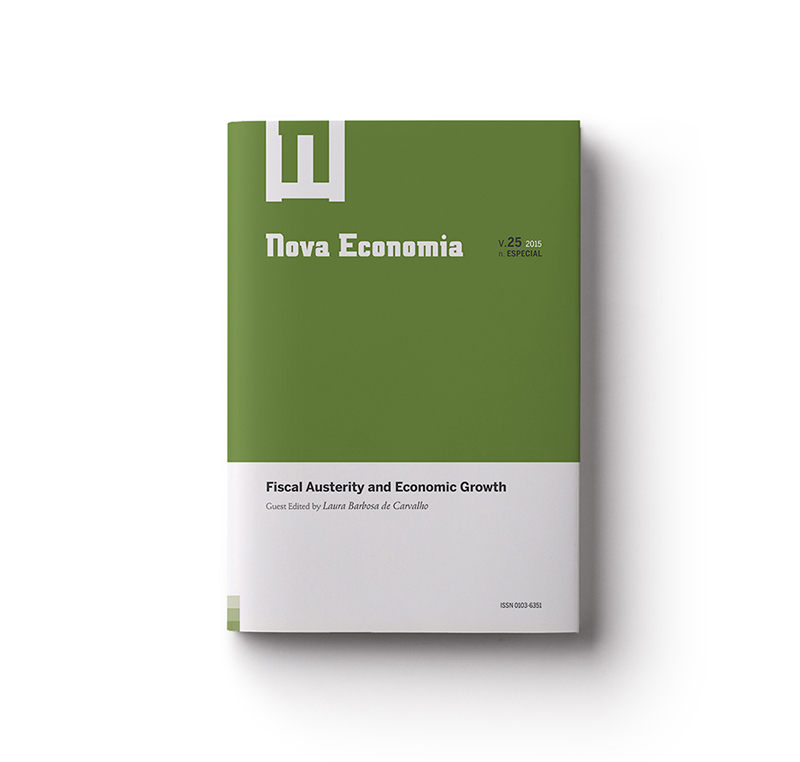Neoliberalism, trade imbalances, and economic policy in the Eurozone crisis
Palavras-chave:
Crise do Euro, neoliberalismo, política econômica europeia, crise financeira, crise da dívida soberana, balança de transações correntes.Resumo
This paper analyzes the causes of the Eurozone crisis. In doing so, it carefully surveys authors from different economic schools of thought. The paper discusses competing explanations for European current account imbalances. Remarkably, opposing views on the relative importance of cost developments and demand developments in explaining current account imbalances can be found in both heterodox and orthodox economics. Regarding the assessment of fiscal and monetary policy there is a clearer polarisation, with heterodox analysis regarding austerity as unhelpful and most of orthodox economics endorsing it. We advocate a post-Keynesian view, which holds that current account imbalances are not a fundamental cause of the sovereign debt crisis. Rather, the economic policy architecture of the Eurozone, which aims at restricting the role of fiscal and monetary policy, is the key to understanding the crisis in Europe.
Downloads
Publicado
Como Citar
Edição
Seção
Licença
Autore[a]s que publicam nesta revista concordam com os seguintes termos:
- Autore[a]s mantém os direitos autorais e concedem à revista o direito de primeira publicação, com o trabalho simultaneamente licenciado sob a Licença Creative Commons Atribuição 4.0 Internacional que permite o compartilhamento do trabalho com reconhecimento da autoria e publicação inicial nesta revista.
- Autore[a]s têm autorização para assumir contratos adicionais separadamente, para distribuição não-exclusiva da versão do trabalho publicada nesta revista (ex.: publicar em repositório institucional ou como capítulo de livro), com reconhecimento de autoria e publicação inicial nesta revista.
- Autores têm permissão e são estimulados a publicar e distribuir seu trabalho online (ex.: em repositórios institucionais ou na sua página pessoal) a qualquer ponto antes ou durante o processo editorial, já que isso pode gerar alterações produtivas, bem como aumentar o impacto e a citação do trabalho publicado (Veja O Efeito do Acesso Livre).




